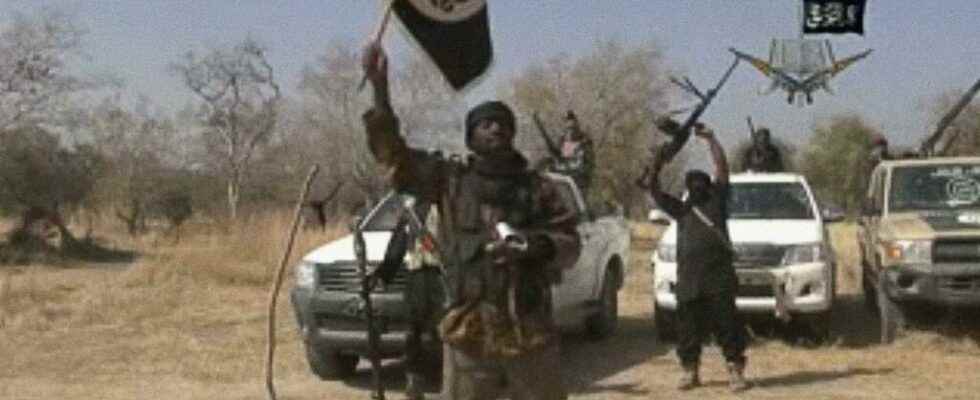Since the death of Abubakar Shekau, the historic leader of Boko Haram, in May 2021, the balance of power has changed in northeastern Nigeria. Now, the Islamic State group in West Africa, Iswap, dominates the region. The capture of the Sambisa forest – the former stronghold of Shekau – by the men of the Islamic State, pushed many former combatants to surrender to the authorities. But these massive surrenders are difficult for the authorities to manage and the lack of adequate care risks pushing some of these men to quickly return to jihadism, according to the latest report from the International Crisis Group.
With our correspondent in Lagos, Liza Fabbian
Over 35,000″ repentant terrorists have surrendered over the past nine months, according to Borno State Governor Babagana Zulum, who was speaking at an international symposium. Except that these impressive figures mask a more complex reality.
Indeed, the majority of these “leavers” are women, held captive for years by Boko Haram, along with their children. A number of farmers residing in areas formerly controlled by Abubakar Shekau’s men were also able to flee after the death of the jihadist leader.
► To read: The death of Abubakar Shekau, leader of Boko Haram, confirmed by a rival jihadist group
Active veterans are much fewer in number, around 2,000, experts say. Army and authorities ensure that these repentants are questioned before being rehabilitated. In fact, the Safe Corridor program run by the Nigerian military has already reached its maximum capacity.
Until then, women and children were quickly returned to their communities of origin. Boko Haram defectors are placed in transit camps in the very heart of the city of Maiduguri – some were released very quickly after swearing that they renounced jihadist ideology, without any particular support.
► To read: After the death of Abubakar Shekau, what future for Boko Haram?
The Islamic State of West Africa recovered a good part of the territory occupied by Shekau, in particular in Sambisa, a large forest in the center of Borno where it was installed. Where it got more complicated was on the one hand in the Mandara mountains, on the border with Nigeria and Cameroon, and then on Lake Chad.
Vincent Foucher, CNRS researcher
